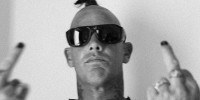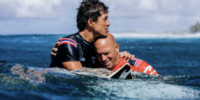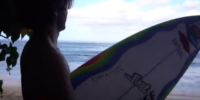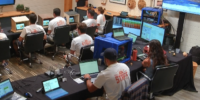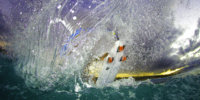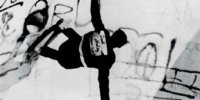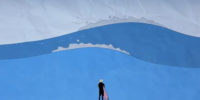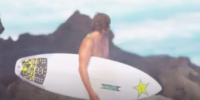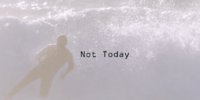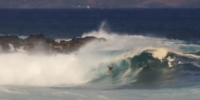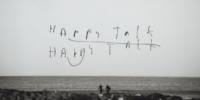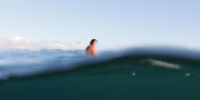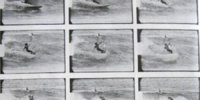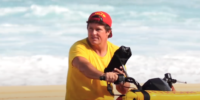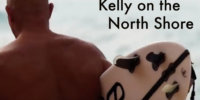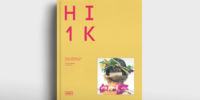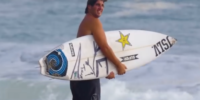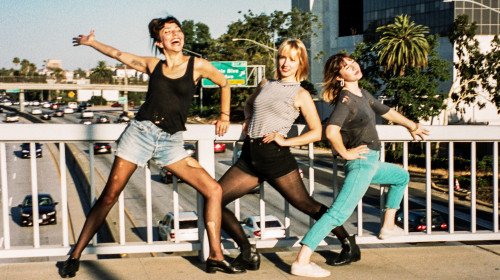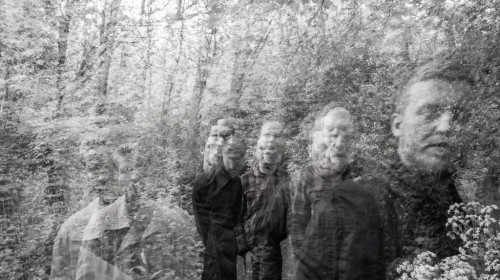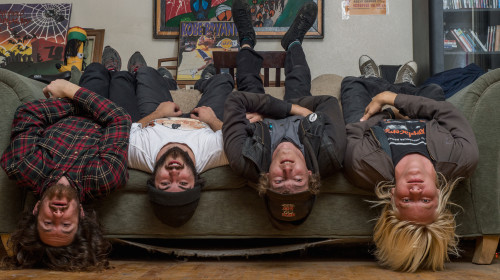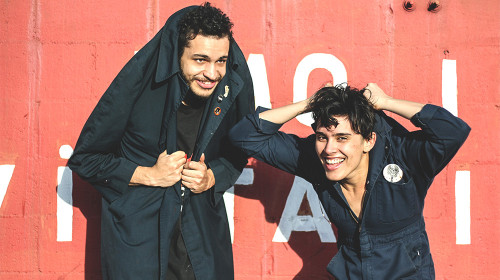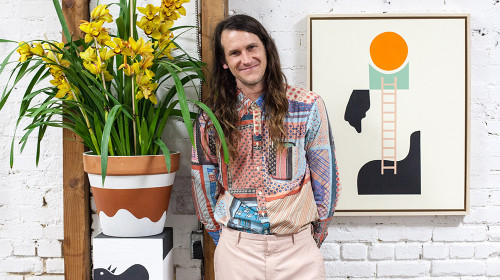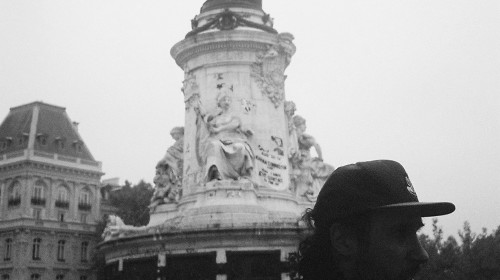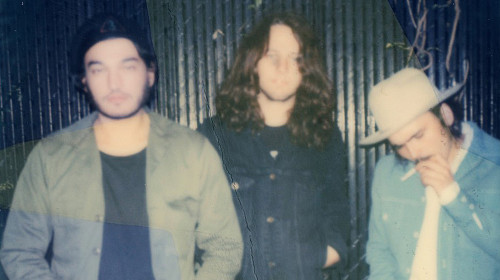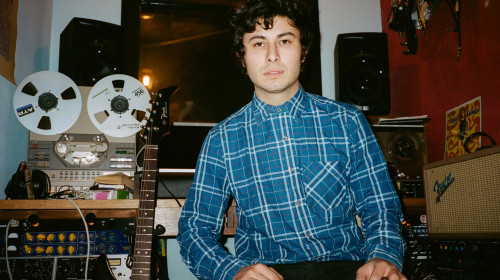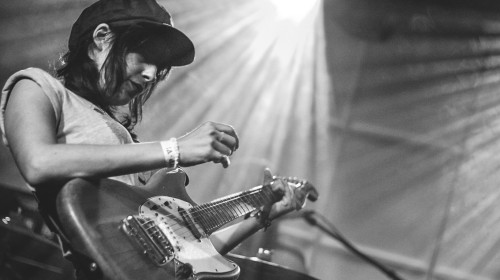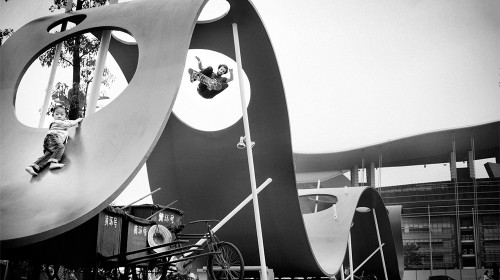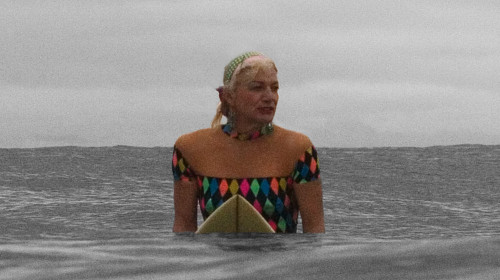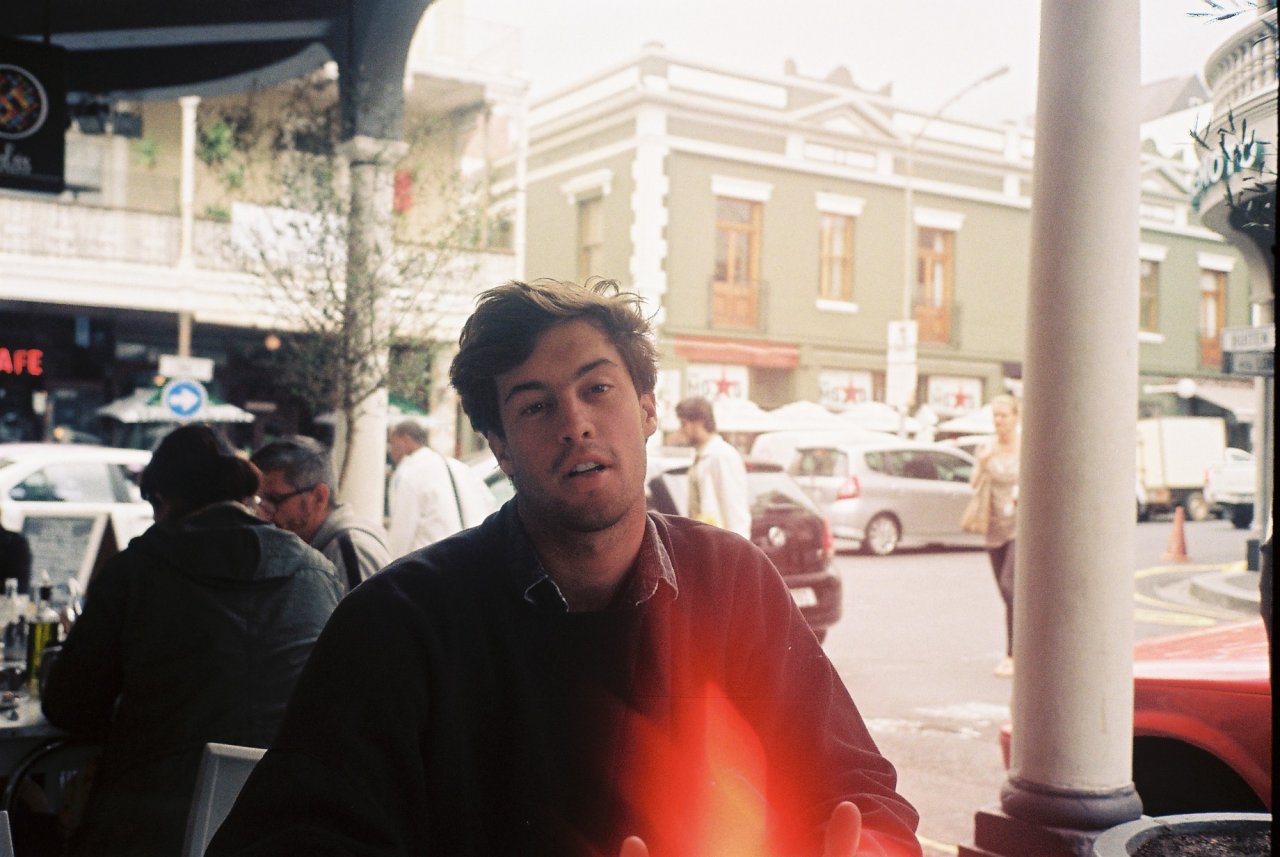Editor’s note: Jason Reposar has an interesting path into photography. Early on, he created a distinguished and sophisticated style of photography that remained real at the same time and brought that style to surfing. It was classic, raw and beautiful. Way ahead of it’s time. He did interesting surf trips to places like Norway. And always scored. And made it all look so romantic. And then he vanished. Straight up, gone. From being one of our personal favorite photographers when he was at the late Transworld Surf, to vanishing. We hoped everything was OK. Then we saw him with high-end models. And Metallica! So we got more curious. Then What Youth photographer Nate Lawrence, who is based in Bali, where Reposar spends his time now, updated us on his situation and told us what happened and asked Jason about it himself. And it was even wilder than we imagined.—Travis
*As told to Nate Lawrence
“When I was 18 years old I did something stupid. I was with a couple of friends and we got caught with cocaine in the car. Being the type of person I was, I didn’t want to say anything. I didn’t want to get anyone in trouble and I didn’t want to get myself in trouble either, so I just kind of went down with the pack. I spent a little time in prison and once I got out and got back into society, the American justice system never questioned that I was anything but an American citizen. I speak with an American accent. I got out of jail and built my life back up from there. I ended up becoming a graphic designer, I got married, had a house, had a business, was paying taxes. I think the worst thing I did besides the obviously stupid thing as a kid, was get a speeding ticket.
I guess I can say all this now since I’ve been convicted and deported.
I came back from Australia one year after 9/11. It was 2002 and I had my green card taken away from me. They didn’t deport me, however, they gave me an opportunity to answer into removal proceedings — which means I had to fight through the court system and prove I wasn’t a morally inept person and that I was able to be a member of the American society. So when this happened in 2002, I was 2 years into my surf photography career. I was doing really well. When I think of the time, I was pretty high up there on the whole Transworld Surf staff structure.
I was completely addicted to seeing my photos in the magazine — that’s all I lived for besides my family.
But then I entered into the removal proceedings, where one the restrictions they put on you is that you’re not allowed to leave the country until the proceedings are over. Unfortunately for me, those proceedings were going to take 5 to 7 years to see through. So I had a choice: get another job, or do surf photography part-time, stay in America, finish out this case, get my right to live in America sorted, then revisit surf photography full time after that.
Instead, what I did was this: If I was going to Europe for a surf trip or something like that, I would get a ticket out of LA to Europe. I would go to Europe, do my thing, shoot photos, and then when I would fly back I would fly back into Mexico City then I would fly from Mexico City to Tijuana and have one of my friends meet me there to pick me up. I would just drive across the border with him and go home. Back then it was just as easy as that, ’cause you’ve got Americans going over there all the time so you just showed your driver’s license and drive through, then drive back home.
I did that from 2002-2005. The worst thing about this whole thing is that I had my last removal hearing court case, or the second to last one, and everyone agreed, the prosecutor included, that I was a good citizen and they were going to give me my green card back and everything was cool. I just needed a signature off my lawyer who didn’t turn up for that court date, so we made another court date that was six weeks after that.
In the mean time I had a trip down to Costa Rica. I went down to Costa Rica, did the trip, and as I was coming back I landed in Mexico City, got on the phone and called my friend who usually comes to pick me up to drive me back up to LA. I got on the phone with him and he’s like, “Hey bro, I’ll see you at 6 p.m. tonight.” Then my plane got canceled and the next plane didn’t land until 6 hours later, so I have to get back on the phone to ask him if he can be there at midnight instead.
I go to get his number and realize someone has stolen my Blackberry. Then I had no phone, and I didn’t know anyone’s number since they were all stored on my phone.
I ended up landing in Tijuana at midnight, with all my gear, just kinda going, “What do I do?”
I think I had maybe a hundred bucks in my pocket, so I took a taxi from the airport to a hotel that you can see the border from the room. I was planning on calling him in the morning to get home. As I’m getting out of my taxi to go into this hotel these two Mexican policeman jump out of nowhere, search me, look through all my stuff, and take every penny I have. So I’ve got no money now, I’ve got no phone, don’t know what I’m going to do, I can’t even get a hotel, I’ve got all these bags…so I just made the decision to take my stuff down to this big group of Mexicans that I could see were about to cross the border — they were talking about it or whatever — so I went over and talked to one of the guys and promised him a little bit of money if he could get me across and get me to a phone. So he helped me. But, unfortunately I made another mistake and I got caught by the immigration enforcement. At that point I knew I was fucked.
They said, “You’re not allowed to leave the country during removal proceedings,” and I knew that so they gave me a choice: I could either get deported right then, or they could take me into custody and I could ask the judge to forgive it. So I went back into custody, it took me three and a half months to get a court date, finally got a court date, and my lawyer goes, “Look this is going to be an uphill battle, you’ve got no bail, you’re in prison, this could take another five to seven years to work out…” But there was one thing he could try on the next court date and if didn’t work he was going to ask if I could be deported so I could go and be free elsewhere.
So I waited another couple of months, had that motion denied, then I asked if I was able to remove myself from the states. They were trying to give me a lifetime ban on ever being able to come back, but one thing my lawyer did for me is he got that ban reduced to 20 years. At that point, I was deported and all I had were board shorts and one t-shirt — all my clothes got stolen from the prison, but my dad luckily came down and got all of my photography equipment. That was it. I got deported to England.
When I got there my dad sent me all of my photography gear so I could kind of get going again. That’s when I just started all over again. I look back at it now, and it was kinda tough but it was a good thing too. I needed a little slapping around at the time. I was starting to get away with a little bit too much. Had too many things I shouldn’t have been doing… it doesn’t really pay to break the rules like that. So these days I like to play by the rules.
Through the years of doing surf photography, you know it really helps you think on your feet.
Sometimes I’ll go with a look book and all these reference shots of a beautiful sunny day on a gorgeous beach, and you go to the location and its just thick cloud cover and you’ll have to start faking sun and lighting and stuff like that, so that taught me a lot of other things too.
I took that knowledge and got myself some lights over here (in Bali) and starting doing look books. Out here you just shoot it and it’s cash in hand. You get your money at the end of the day. Instead of shooting, waiting three months, hoping you get something, then chasing down the advertiser. I was shooting that day and getting paid money. So I’d have the cash, then bought another 70-200 lense — then I’d go out and get another fish eye, then would have enough money to have a water housing. I started building up my camera gear. The more surf camera gear I got, the more I got into doing more look books, and some of the campaigns I was doing for some of the clothing companies just became really interesting to me.
You know, just having an idea, figuring out how to light it, how to set it up, how to plan a day, and how to execute it. If it comes out like crap they can’t really use it, it was just really cool and challenging, and it taught me so much about different styles, and examples. I started studying a lot of the guys in Vogue and GQ and stuff like that I never really had any interest in before. I never really called myself a fashion photographer. Then all of a sudden I was doing that.
My good friend Robert Trujillo became the bass player for Metallica, and he just kind of hooked me up with an opportunity to shoot those guys. I was absolutely shitting myself. You know, he calls me up one day when I was in LA and he’s like, “Hey man, get up to San Francisco. We need you for this photo job, but you have to kill it. You’ve gotta be cool, and maybe if these guys like you I can help you get in here.”
I went up there, got off the plane and had like 10 minutes to figure out what I was gonna shoot or how I’m going to shoot it. They come out, boom boom boom, and that was it, gone. I’m just like, “Oh my God, I hope I got it.” You know what I mean? ‘Cause you got like five minutes sometimes. People like that, they’ve got such crazy schedules, just in and out. I pulled that off, and I got invited to do a couple of shows with them. I did that and ended up building a relationship with them, mostly with Rob and Kirk since both of those guys surf, that’s a little in I use with those guys as well.
These days I guess a lot of my income, maybe 60 percent of my income is look books and stuff. I still do my surf stuff here and there, and I do a lot of portrait assignments. Every now and again I’ll get one or two trips a year that I’ll do. I’ll just go with my friends now that are pro surfers. People who I’ve made really good relationships with. If I’m just around and they’re here and they want a trip, I’ll just do a little trip up to Super Tubes or all these amazing waves over here.”

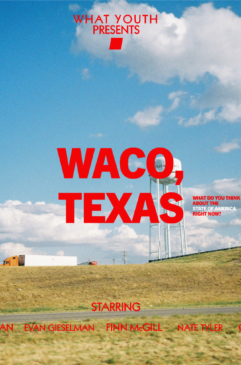
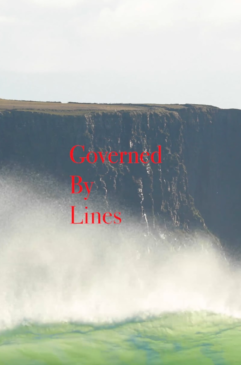
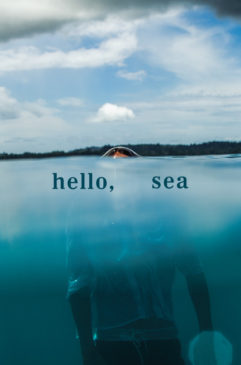
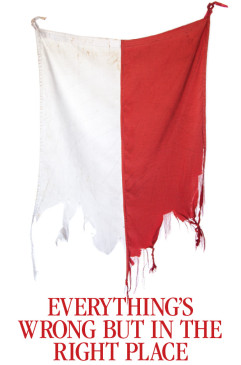
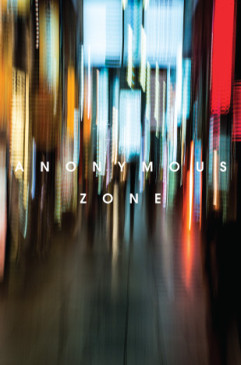
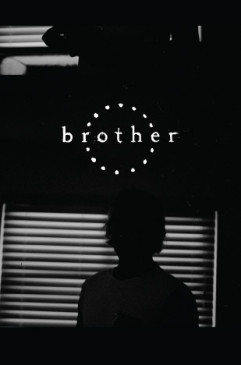
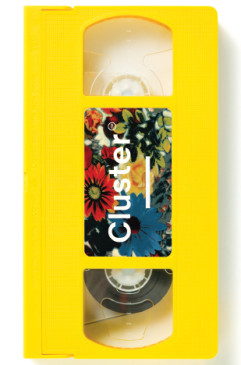
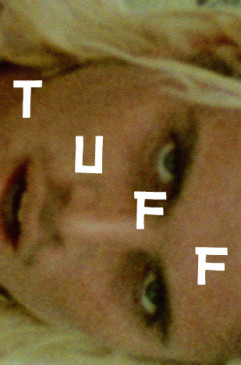
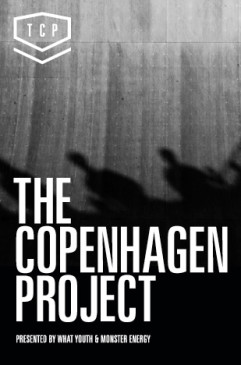
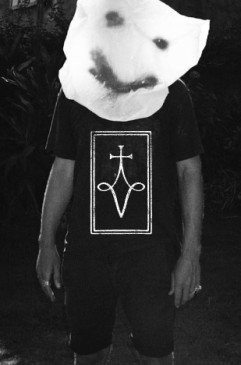

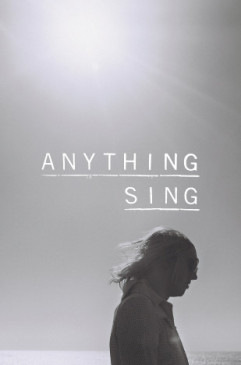


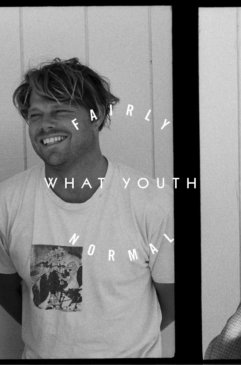
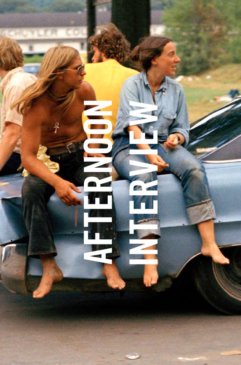
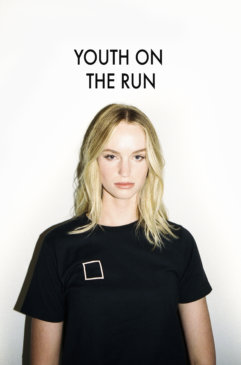
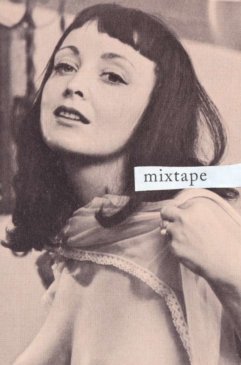
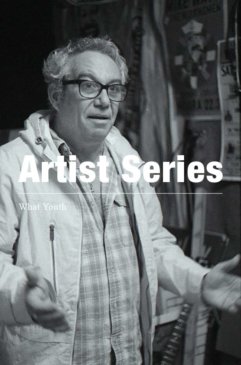
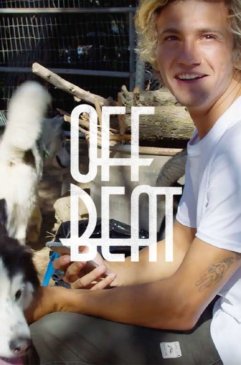
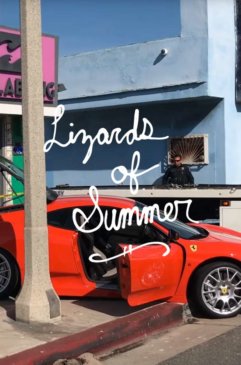
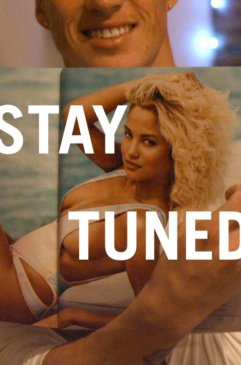
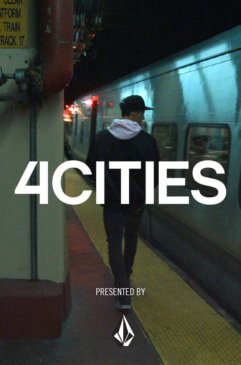
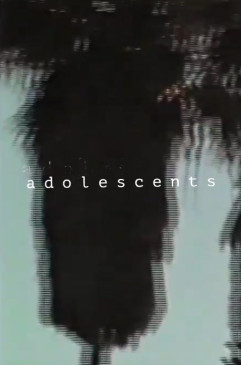
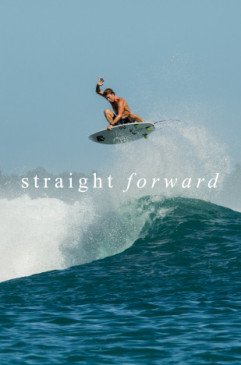
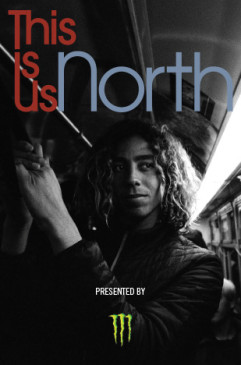
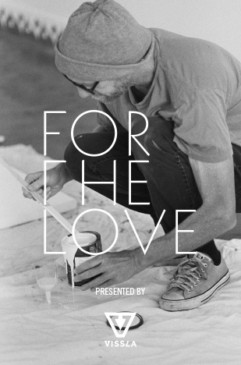
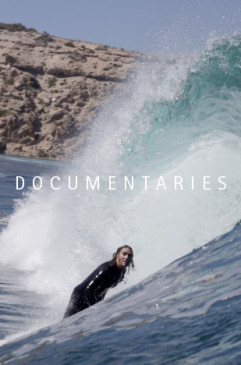
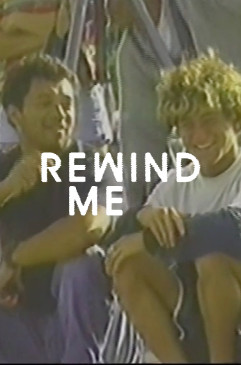
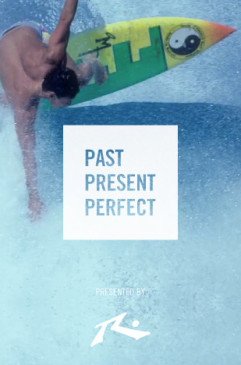
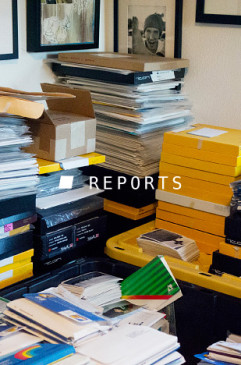
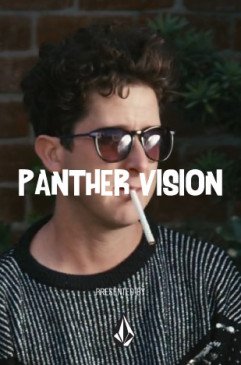
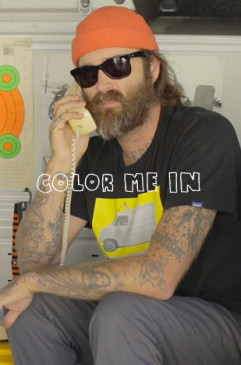
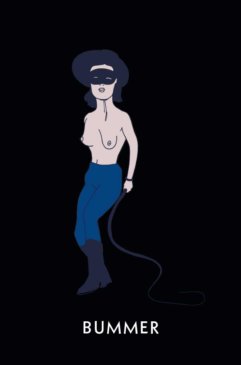
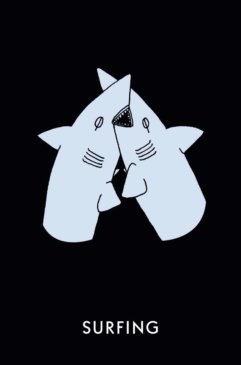
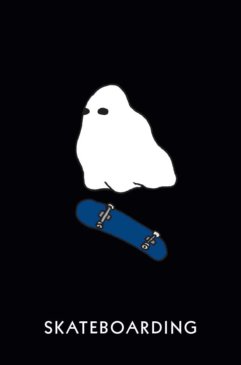
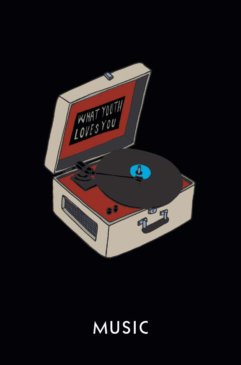
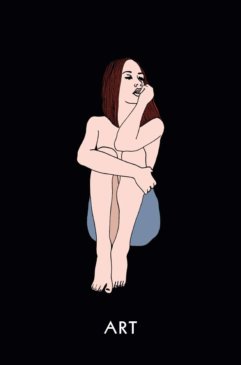
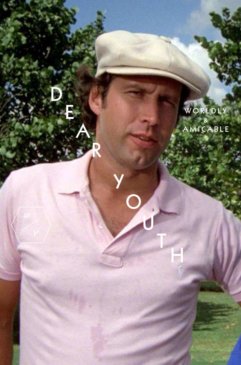
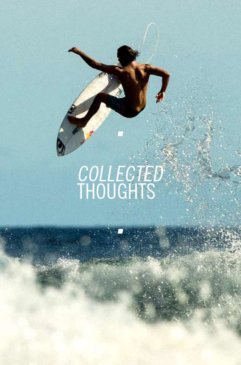


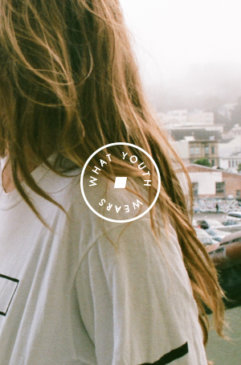




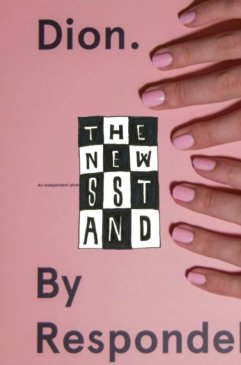
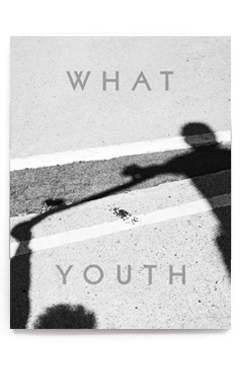
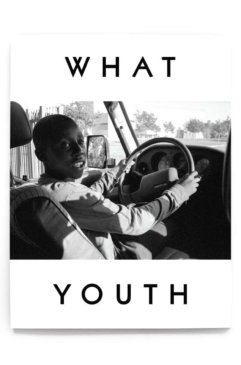
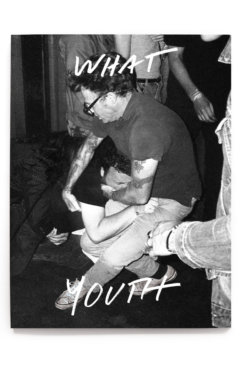
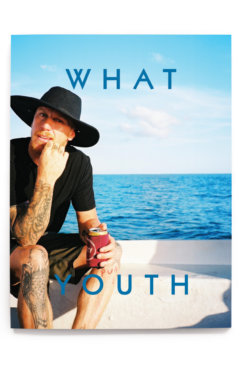
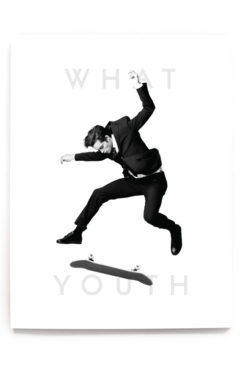
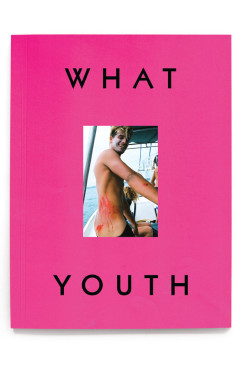
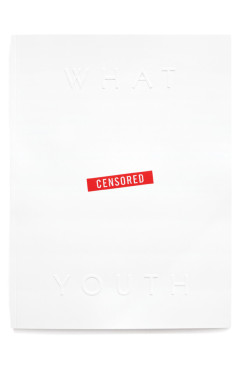
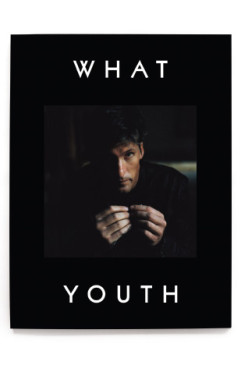
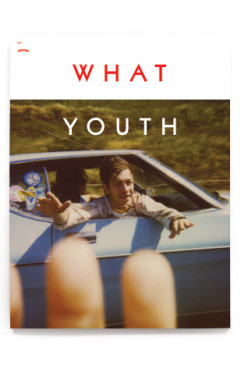
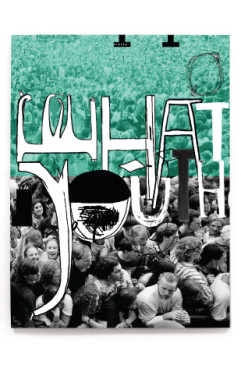
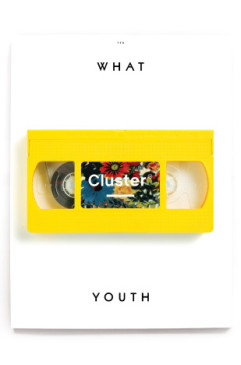
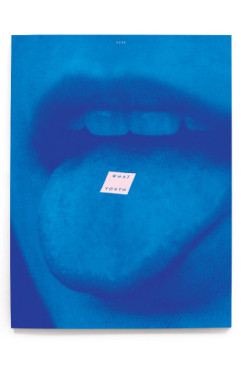
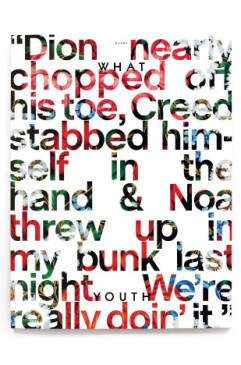
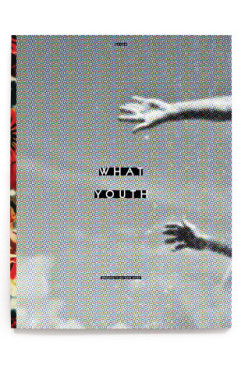
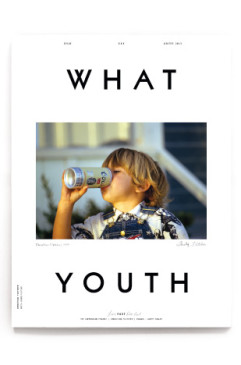
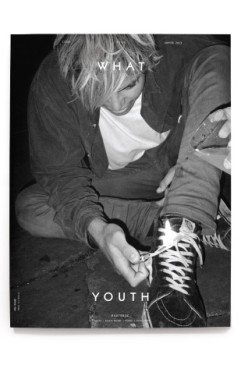
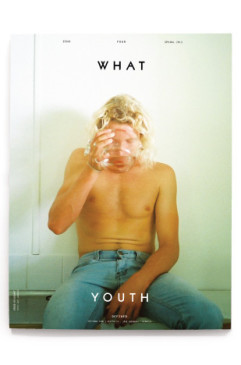
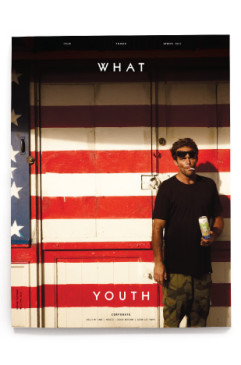
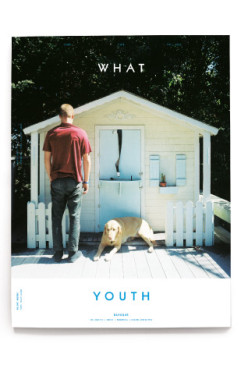
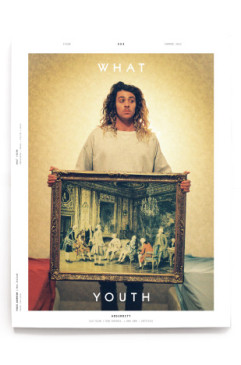
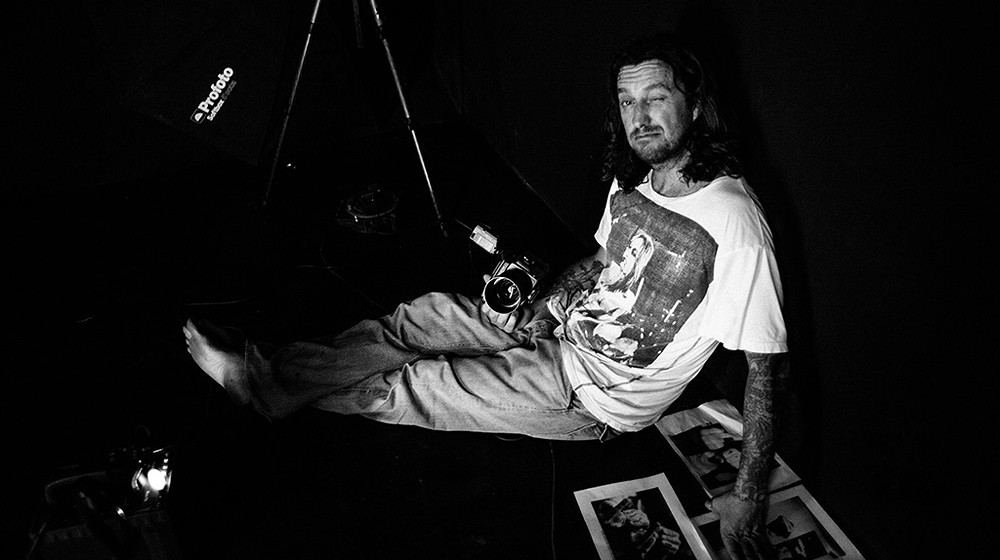
 NXT
NXT 
